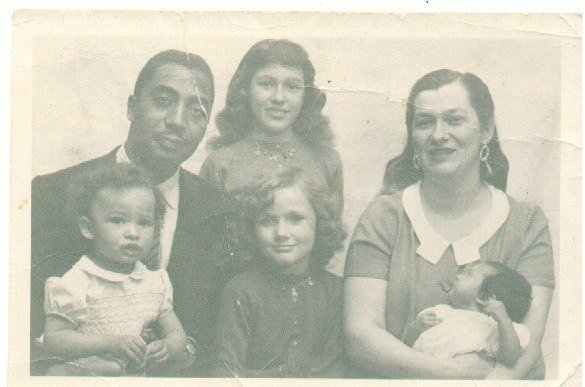
When I first moved back to the U.S. at the age of fifteen, after spending my childhood in Brazil, I was confronted with having to define my race. I had grown up in happy oblivion of this thing that is so important to Americans, the idea of “Who are my people?” Having grown up with a white mother and a black father who believed they were actually contributing to the betterment of the world by marrying and raising seven children of varying races, I had always been proud of all of my heritage. So it was a shock to me to discover the controversy in the U.S. over “one drop of black blood makes you Black,” but that having a white mother ensures that you are never “Black enough.” It took me about ten years to verbalize how I felt over this conflict, and it came out in the form of poetry. I’d like to share it with you today.
WHO ARE MY PEOPLE?
(The Biracial Child’s Credo)
I was spawned of a dream
Yet of water and clay,
Of a mixture of races
Way ahead of my day.
Then was raised in a nation
Far away from my own,
And it’s made my soul restless
For “my people” are unknown.
In a world that has classes
For every person you see
The ethnicity of my blood
Is a mystery to me.
When I hear the man sing
The travail of his people,
Or the writer recount
All the pain and the glory
Of her people oppressed
In the lines of a story,
I feel in my soul
That this too is my goal.
To tell of the suffering,
To tell of the longing,
Point the way of the drum
The masses are thronging.
For I hear unmistakably
In this storm of oppressions
The cries of “my people”
From every direction:
South Africa, Haiti,
Panama, Nicaragua,
Palestine, Ethiopia,
Philippine and Korea.
Germany, Poland,
The great wall of China,
Colombia, Cambodia…
“No man is an island.”
The abused, the possessed,
The poor, the oppressed;
Who is a kindred spirit?
Where do I draw the line?
Does the Ethiopian child
Feel its hunger like mine?
Would I take the grimy babe
And give it suck from my breast?
If mankind counts as one,
Does this child count as less?
Asking “Who are my people?”
I confess: I’m confused.
In the din of the nineties
Ethnic barriers have fused.
In the cry to be freed,
In the wail to be fed,
In the ache to be led,
To the promised reprieve,
All the people are one.

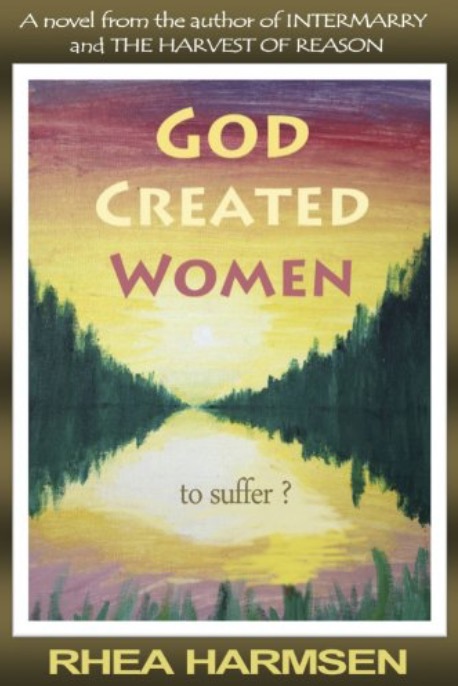
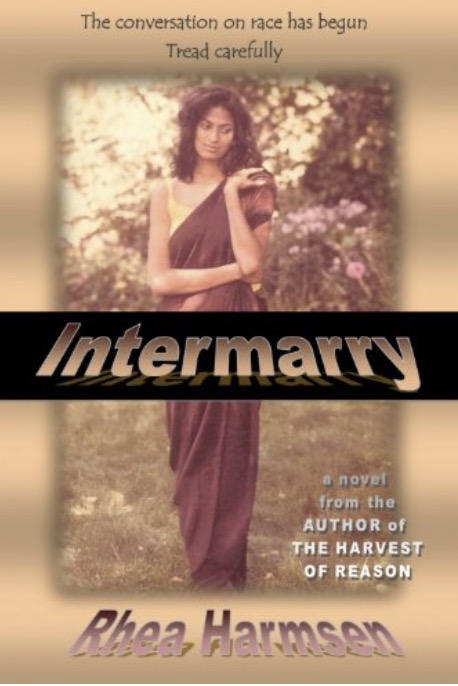


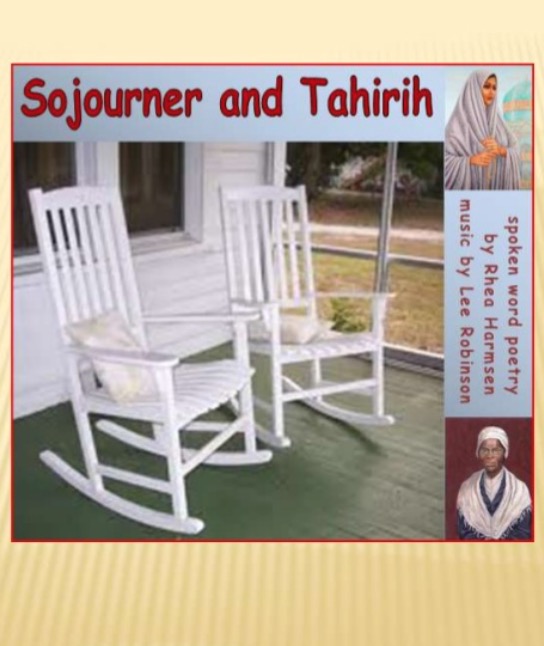






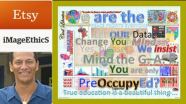
Amazing… Thank you for sharing.
Sharing is an honor so long as there are “ears to hear and hearts to understand.”